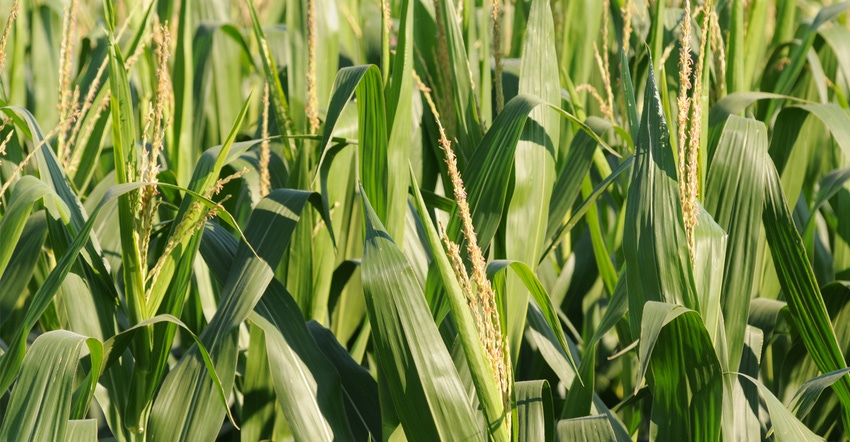March 8, 2022

Kansas State University entomologist Anthony Zukoff says a naturally occurring nematode might help solve a variety of corn rootworm resistance issues in farmers’ fields.
He and other researchers are seeking help from corn producers in Kansas to participate in a study that is now more than 10 years old. The study looks at nematodes that can control corn rootworms.
“These nematodes that are being used for rootworm control are obligate parasites of insects, so they are seeking out and attacking only insects,” Zukoff says. “They’re not causing any problems to plants.”
Across the U.S. Corn Belt, rootworms have become resistant to traditional controls for larvae belowground, and adults aboveground.
“There’s even rootworm populations that are resistant to rotation practices, so there are quite a few challenges to controlling rootworms,” Zukoff says, noting that genetic modifications, such as Bt technologies, are effective at controlling rootworms in some corn-growing regions.
Zukoff says the nematodes being studied seek out a multitude of species in the soil, which allows them to persist in the environment over a long period of time.
“[Researchers] have found that these nematodes can be applied directly through a pivot [sprinkler],” Zukoff says, noting that is the current recommendation for western Kansas producers.
He adds that the results, so far, are very positive: “These nematodes will be able to kill rootworm larvae that are not succumbing to Bt toxins belowground.”
For information on how to participate in current studies, contact Zukoff at 620-295-9164 or [email protected].
Source: Kansas State Research and Extension, which is solely responsible for the information provided and is wholly owned by the source. Informa Business Media and all its subsidiaries are not responsible for any of the content contained in this information asset.
You May Also Like




